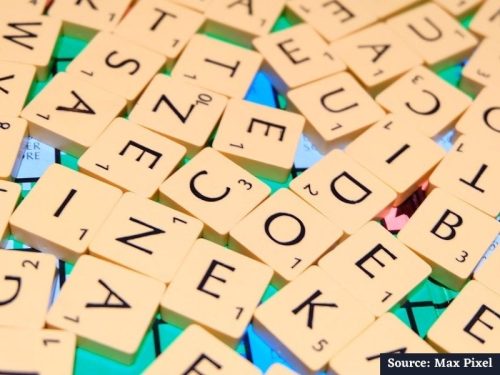Exchanging Unpleasantries
Dysphemism, the opposite of euphemism, can result in some rude awakenings – Roopa Banerjee
Most of us are aware of ‘euphemism’ but how many of us can claim to be familiar with its sibling ‘dysphemism’? Euphemism is a polite way of saying something unpleasant while dysphemism is the exact opposite. It is a figure of speech where a disagreeable, offensive, or disparaging expression is substituted for an agreeable or inoffensive phrase.
“Your old man won’t be pleased if you stay out too late” is a dysphemism as old man is substituted for one’s father. It is an impolite way of saying something nice. Dysphemisms are found aplenty in informal conversations. For example, saying ‘ball and chain’ instead of one’s spouse. Most of its usage is for effect.
The term dysphemism originated from the Greek word dys, meaning ‘miss’, or ‘none’, and pheme, which means ‘speech’. It was added to the English language in the late 1800s. Dysphemisms, more or less, lean towards the derogatory and are best avoided. For instance ‘She needs to be sent to the loony bin,’ sounds harsh when one could just say ‘She needs treatment for a mental disorder.’ Dysphemisms involve the use of negative instead of positive expressions, although not all are intended to be rude. They can be used in an affectionate and light-hearted manner too, for example a parent calling her child ‘rugrat’ or a wife her husband ‘old man’.
A common type of dysphemism is using animal names to define a person’s character traits. Known as dysphemistic epithets, they include describing someone as a snake for being wily, pig for being greedy, chicken for being scared and rat for revealing confidential information.
Name dysphemism is when we address an elder person by name, omitting her title. In most societies, in particular in India, this is considered rude. Calling your mother’s friend Reshma instead of Reshma Aunty is little short of sacrilege in India. Many languages, more so than English, use different ways of addressing people to indicate respect. Therefore non-native speakers should take heed and avoid causing offence by unintentional dysphemisms.
However, sauce for the goose is not always sauce for the gander. What happens when euphemism for one is dysphemism for another? These are known as X-phemisms where the context makes the difference.
The term coloured people is now considered a dysphemism while people of colour or Afro-Americans is acceptable. The word retard originated as a euphemism when idiot was a dysphemism. With time and usage, now retard is a dysphemism and mentally-challenged is the new euphemism. This is the ‘euphemism treadmill,’ where words that were once euphemisms become dysphemistic by association.
Some milder examples of dysphemism are snail mail for regular post, cancer stick for cigarettes, egghead for genius and dead tree edition for print publications of newspapers that can be read online.
The only time dysphemism feels acceptable is when it is used to express anger or social distance from a particular group/community. It is frequently employed in literary texts, political speeches, and colloquial expressions. Though often meant to shock or offend, dysphemisms may also serve as in-group markers to signal closeness. More often than not, it is used as a device for degradation or humiliation of individuals. It is a practice that needs to be discouraged.
Author Geoffrey Hughes has rightly said in An Encyclopedia of Swearing, Routledge, 2006: “Death generates such typical euphemisms as to pass away, to pass on, to depart this life, go to one’s Maker, and so on. Parallel dysphemisms would be to snuff it, to croak, and to push up daisies, since these allude graphically and cruelly to the physical aspect of death, down to breathing one’s last, the death rattle, and being reincorporated into the cycle of nature.”
Activity
Here are some dysphemisms. Can you decipher their meanings?
1. Boneyard
2. To push up daisies
3. Given the axe
4. Tub of lard
5. Do-gooder
6. Crazy house
Answers
1.Cemetery
2.To pass away
3. Lose one’s job
4. An overweight person
5. Helpful person
6. Mental asylum
Also read: Throwing away English advantage
















Add comment